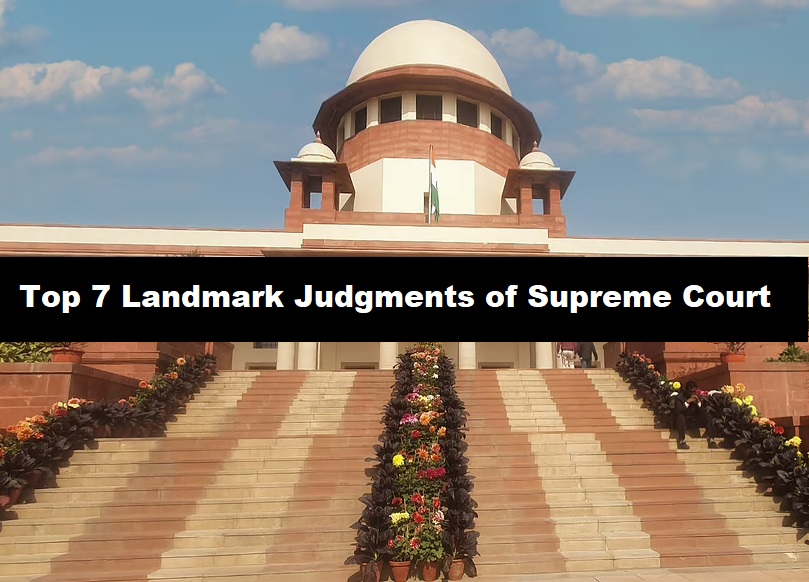


Panchayats members in Maharashtra elected from reserved category seats have to be diligent in submitting caste validity certificates within the prescribed time to avoid automatic disqualification, the Supreme Court recently said [Sudhir Vilas Kalel and ors vs Bapu Rajaram Kalel and ors].A bench of Justices Vikram Nath and KV Viswanathan noted that the submission of such documents is required under Section 10-1A of the 1959 Maharashtra Village Panchayats Act.The legislature expects a person claiming the benefit of contesting from a reserved post to be in possession of both a caste certificate and a validity certificate at the time of filing the nomination, the Court said.Pertinently, the Court explained how electoral candidates who wait till their filing of nominations to even apply for caste validity certificates are expected to act.“Under the Caste Certificate Act, 2000, the certificate attains finality only if it is authenticated with a Validity Certificate ... those who aspire to contest for a reserved seat and who take a risk of applying for the validity certificate by filing an application before the date of nomination, it is prudent to expect that they will show utmost due diligence in the prosecution of their application. This would mean that they are expected to do all that is within their control to do and submit with the Scrutiny Committee a valid application for their consideration,” the bench saidThe Court was dealing with a case where the litigant (appellant) had successfully contested in the Jambulan village Gram Panchayat elections in 2020 from a seat reserved for Other Backward Castes (OBC).He had a caste certificate indicating that he belonged to the Lonari caste (an OBC caste) which was issued in 2013.However, the rules require a validity certificate to also be submitted to support the genuineness of the caste certificate. This validity certificate is issued after an examination by a scrutiny committee.The appellant before the Court had applied for this caste validity certificate on the day when he filed for his nomination to the panchayat post in 2020.He was elected to the post in 2021.However, he did not submit the caste validity certificate on time, leading to his retrospective disqualification from the panchayat post.After he failed to secure any relief from the High Court, the appellant moved the Supreme Court.Notably, the High Court had observed that the "mere filing of the application" for a caste validity certificate was not enough and that a candidate seeking to occupy an elected post reserved for a caste has to ensure that the application is "properly filed and followed through."The High Court had also found that the appellant's first application for a caste validity certificate was "rejected" in 2021 because it was defective. It declined to accept an argument that the 2021 order was not a rejection or that the application was only "re-filed" later.The Supreme Court opined that the appellant's caste validity certificate should have been submitted by January 20, 2022, which was not done.The Court added that the appellant could not also not avail of the time relaxations to submit the validity certificate under the Maharashtra Temporary Extension of Period for Submitting Validity Certificate (for certain elections to Village Panchayats, Zilla Parishads, and Panchayat Samitis) Act, 2023.This was because the panchayat member had not communicated the election results to the Scrutiny Committee within the stipulated time of two weeks after the election results.To allow the appellant to avail the benefit of the Temporary Extension Act of 2023 would be like letting him take advantage of his own wrong, the Supreme Court added."We hold that the Appellant No.1 stood automatically disqualified as a Member since he failed to produce the Validity Certificate within 12 months from the date of his election. The protective umbrella of Section 3 of the Temporary Extension Act, 2023 will not be available to Appellant No.1 since he is hit by Section 3(2)(b), for the reason that there was no valid application pending on the date of the commencement of the said Act," the Court concluded.
Hence, the Supreme Court confirmed the High Court order and dismissed the appeal.
Senior Advocate Gaurav Agrawal appeared for the appellants. Senior Advocate Vinay Navare and advocate Aniruddha Joshi represented the respondents.
TAGS: Supreme Court Panchayat members Maharashtra Reserved category seats Caste validity certificates Disqualification Sudhir Vilas Kalel and ors vs Bapu Rajaram Kalel and ors Justices Vikram Nath KV Viswanathan